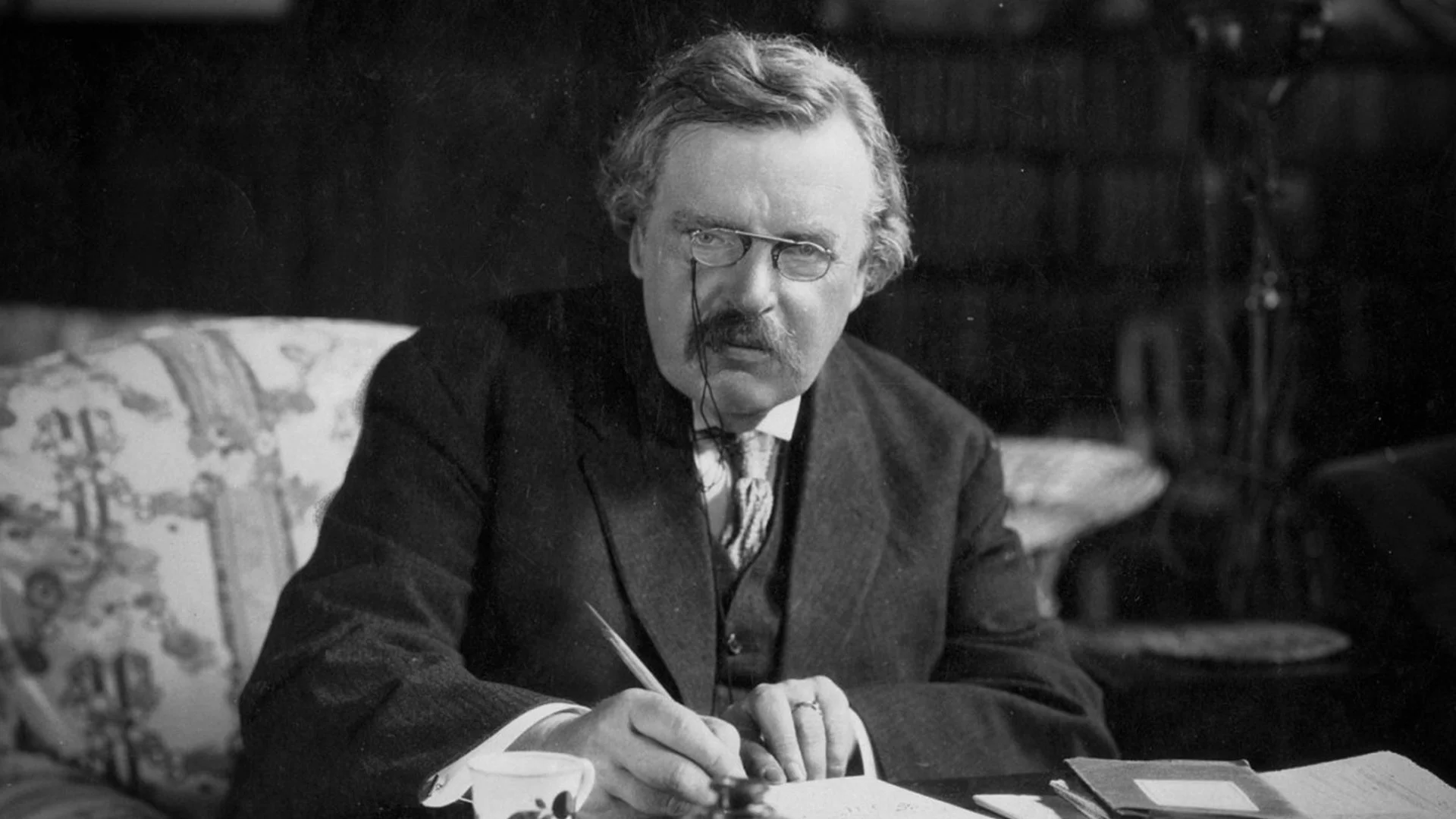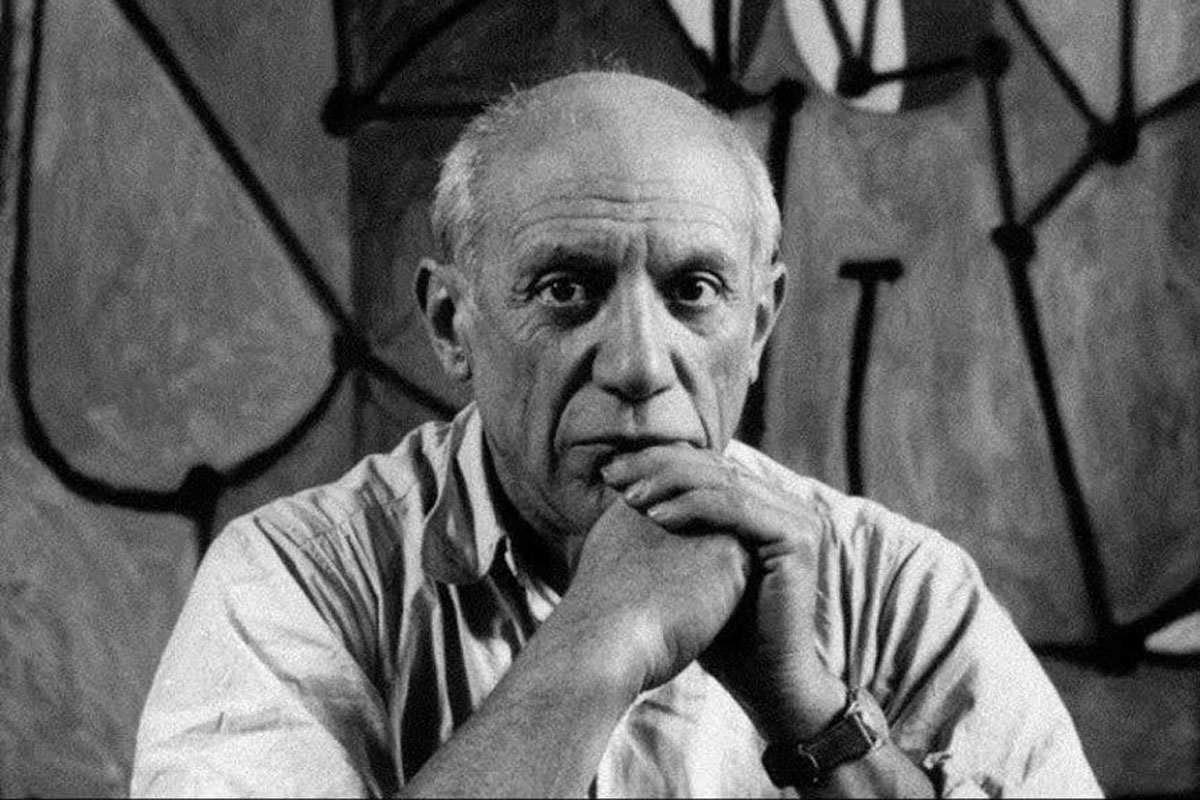This series of articles seeks to examine the character attributes of highly successful leaders, regardless of their adherence to a strong faith or moral standard. In presenting these thoughts, Leadership Ministries is not agreeing with or advocating these traits or practices, but rather presents these as ideas for discussion and development in your own leadership journey.
Elon Musk is an entrepreneur and as of February 2022, the wealthiest person in the world with a net worth at $224 billion. Born in South Africa, raised in Canada and moving to the United States in 1995, he cofounded several Internet companies in the early 2000s before hitting it big with PayPal, which he sold to eBay in 2002 for $1.5 billion. Musk has since become the CEO and Chief Engineer at SpaceX, CEO and Product Architect at Tesla, founder of The Boring Company, and co-founder of Neuralink and OpenAI. Musk says, “I don't create companies for the sake of creating companies, but to get things done.”
A controversial and unorthodox leader, Musk’s career trajectory has moved toward work to solve “big problems”. His work with Tesla is designed to make electric cars mainstream and to produce sustainable energy for the planet. His involvement in SpaceX has as its goal to colonize Mars. Musk said, “When something is important enough, you do it even if the odds are not in your favor.”
Musk’s treatment of employees has been heavily criticized. One person who worked closely with Musk said he exhibits “a high level of degenerate behavior” such as paranoia and bullying.[1] Once on a call with the National Transportation Safety Board chairman to discuss a fatal Tesla accident, Musk simply hung up on him. More recently he has blocked online any journalist that doesn’t agree with him. Musk is undoubtedly one of the most creative genius CEOs of all time, and possibly also among the most unpredictable. In building his companies, here are a few of his most successful practices:
SpaceX’s Falcon 9 rocket is reusable, and lands itself on a remote drone barge in the Pacific Ocean after launching its payload into space.
Ask the right questions. In 2001, Musk became involved with the nonprofit Mars Society. He was inspired by plans to place a growth-chamber for plants on Mars and discussed funding the project himself. Musk decided to start a company that could build affordable rockets. With $100 million of his early fortune, Musk founded Space Exploration Technologies Corp., traded as SpaceX, in May 2002. They began building and testing reusable rockets, with a successful launch in 2008, making it the first private liquid-fueled rocket to do so. Musk has a reputation for constant questioning throughout the development process for his products. He says, “I think it's very important to have a feedback loop, where you're constantly thinking about what you've done and how you could be doing it better.”
Musk believes asking the right questions is a key creative skill. He comments, “A lot of times the question is harder than the answer. If you can properly phrase the question, then the answer is the easy part.” When he founded SpaceX, he believed Mars could be colonized by solving the food-away-from-earth problem. As he dug deeper, though, he realized the real issue was the cost of rockets, which at the time were several million dollars each.
Musk comments, “I came to the conclusion that there was really no good reason for rockets to cost so much, and they could be less… a lot less. If one could make them reusable, like planes, the cost of space travel would drop dramatically. The cost of the fuel was .2 to .5 percent of the cost of the rocket, kind of like the plane. Nobody had been able to make a reasonable rocket work—and I thought, if we can do that, that would be a breakthrough for space travel.” Once he began answering the right question, SpaceX took off. As of 2022 they are launching an average of one rocket per week, and are on pace to launch more cargo into orbit in a year than NASA and every other space agency has in the last 50 years combined.
His habit of asking questions was innate from an early age. Musk says of his childhood, “I would just question things... It would infuriate my parents... That I wouldn't just believe them when they said something 'cause I'd ask them why. And then I'd consider whether that response made sense given everything else I knew.”
Iterate then iterate again. Musk’s development process at Tesla and SpaceX is one of constant improvement and refinement. At one point he began sleeping at the Tesla factory so he could work with his team to make refinements to the cars at a moment’s notice. He said, “The path to the CEO’s office should not be through the CFO’s office, and it should not be through the marketing department. It needs to be through engineering and design. There are really two things that have to occur in order for a new technology to be affordable to the mass market. One is you need economies of scale. The other is you need to iterate on the design. You need to go through a few versions.”
Iterative development is an approach that suggests gradual improvement. It focuses on quickly releasing a working, yet imperfect version of the product. Engineers work in small cycles to gradually rework the product or add new functionality.[2] With his “Starship” spacecraft, Musk envisions building the large crafts rapidly, with each new iteration improving on the last—be it through smoother manufacturing processes, shedding unneeded mass, improving performance, or more. “Building many rockets allows for successive approximation,” Musk said on Twitter, applying a simple equation to the process: progress in any given technology is the number of iterations multiplied by progress between iterations.
The Tesla Model 3 sedan became the most popular electric car in the world within a few years of its launch, selling more than 500,000 units.
Dream big. Musk says, “I’m interested in things that change the world or that affect the future and wondrous, new technology where you see it, and you're like, ‘Wow, how did that even happen? How is that possible?’” At his house in Bel Air Musk has an entire white-paneled library filled with books about art, space, photography, design, history, current events, space and design. He is omnivorous in his appetite for words, and he is better off for it.[3]
One sign of intelligence is a mind able to communicate complex ideas in simple terms. To be able to describe, for instance, the technology and physics behind the Hyperloop—a jet-speed train in a tube traveling between continents—in a 57-page report that the average reader can easily digest and (even better) find interesting. When hearing Musk’s ideas, remember that he is the only private citizen in history to successfully send a rocket ship to and retrieve it from space. Whatever your thoughts of Elon Musk’s brash personality, he is asking some of the world’s biggest questions in his quest to find the answers that go with them.


































Frank Winfield Woolworth was an American entrepreneur, and founder of the F. W. Woolworth Company. He pioneered the retail variety stores which featured low-priced merchandise selling for 5 and 10 cents.